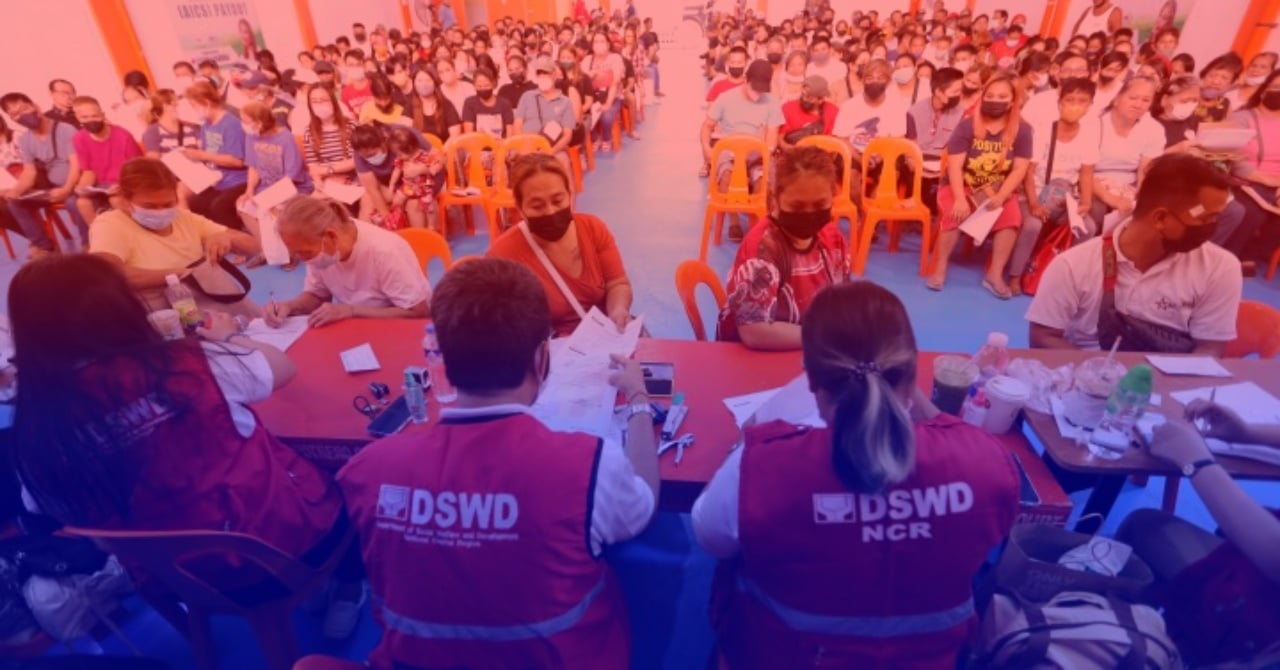The National Economic and Development Authority (NEDA) Board has approved the Department of Social Welfare and Development’s (DSWD) REFUEL Project, clearing the way for the nationwide expansion of the Walang Gutom Program (WGP) from 2025 to 2028.
REFUEL, short for Reducing Food Insecurity and Undernutrition with Electronic Vouchers, will enable the DSWD to scale up the WGP, a flagship food assistance initiative institutionalized under Executive Order No. 44, s. 2023.

DSWD Undersecretary Edu Punay, who leads the agency’s Innovations, Programs, and Development Group and serves as the National Program Manager of WGP, welcomed the approval as a major milestone.
“The approval of REFUEL enables us to expand and improve the program with stronger implementation systems, enhanced digital infrastructure, and broader partnerships to ensure timely delivery of food assistance,” Punay said.
The program targets 750,000 food-poor households by 2027, using the Listahanan 3 database and other targeting mechanisms. Building on its pilot phase, which reached 300,000 households in priority provinces, the project introduces electronic benefit transfer (EBT) cards. Each beneficiary household will receive ₱3,000 worth of monthly food credits, redeemable at accredited local retailers for nutritious food items.
DSWD Secretary Rex Gatchalian presented the project during the April 23 NEDA Board meeting chaired by President Ferdinand R. Marcos Jr.
“Joined the April 23 NEDA Board meeting where the funding source for DSWD’s anti-hunger initiative, the Walang Gutom Program, was tackled and approved,” Secretary Gatchalian posted on Facebook.
The pilot implementation, which concluded in June 2024, was carried out with technical support from the Asian Development Bank (ADB) and the United Nations World Food Programme (UN-WFP). The expanded REFUEL project will be supported by a ₱74 billion funding package, co-financed by the ADB, Agence Française de Développement (AFD), and the OPEC Fund for International Development.
Aside from food credits, the WGP includes monthly nutrition education and livelihood skills sessions to help households progress toward self-reliance.
“The program doesn’t just address hunger—it builds long-term resilience,” Punay noted. “Through complementary activities like social behavior change sessions and livelihood training, the WGP helps empower poor households.”
The DSWD emphasized that it will continue to collaborate with both national and local stakeholders to ensure proper targeting, community engagement, and consistent delivery of support services.
With REFUEL approved, the government reinforces its commitment to achieving a hunger-free Philippines, using technology, partnerships, and data-driven strategies to reach those most in need.
